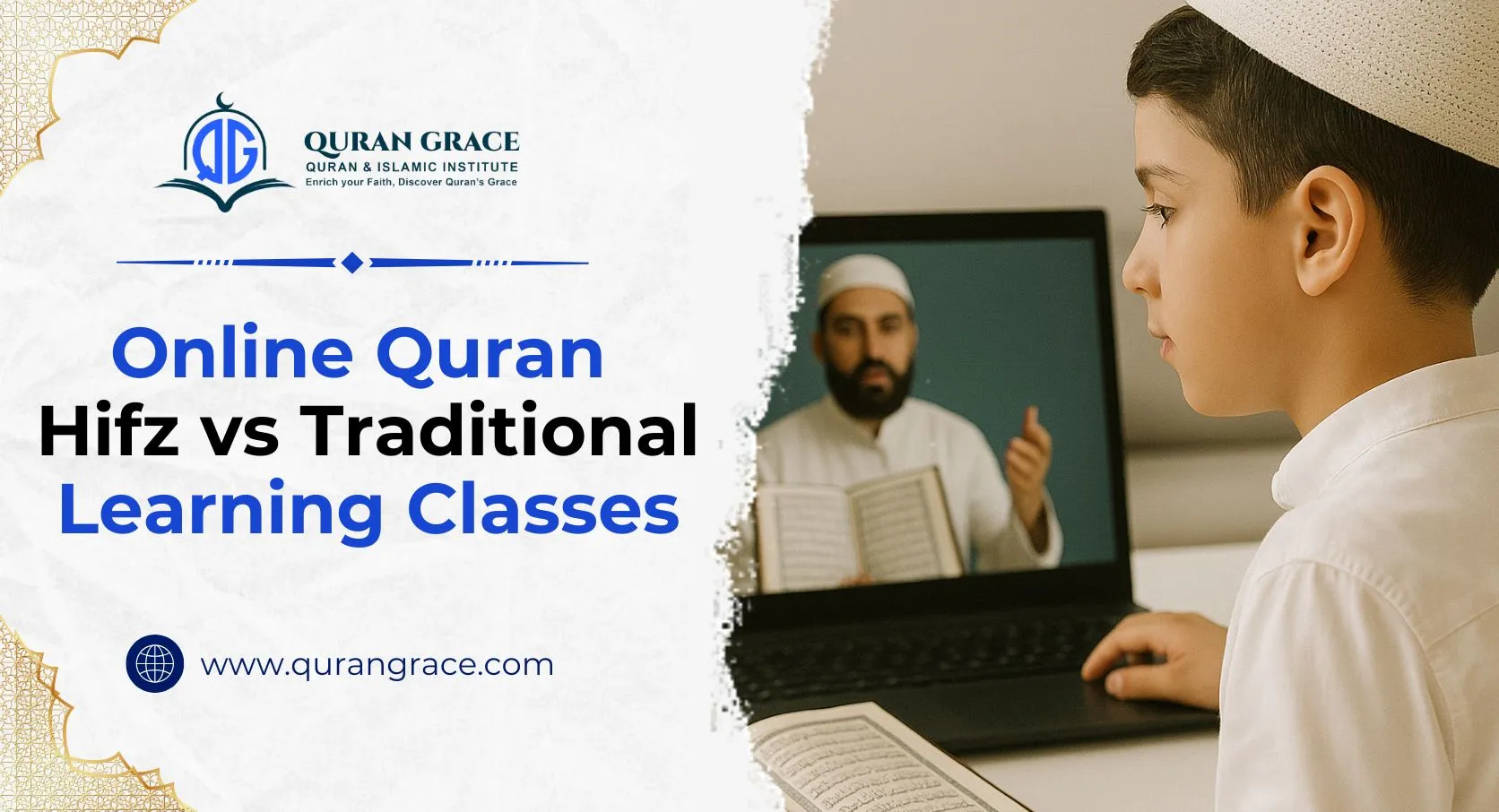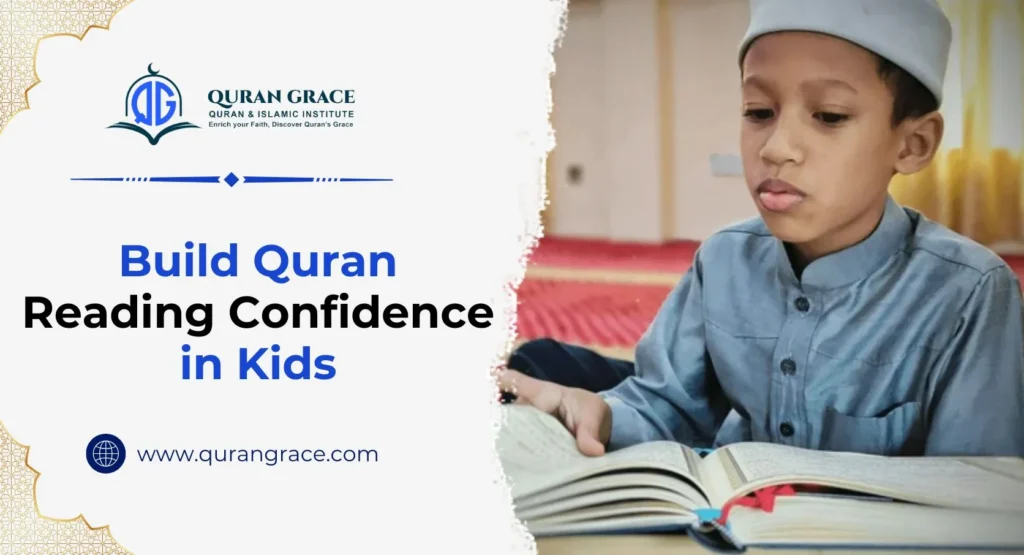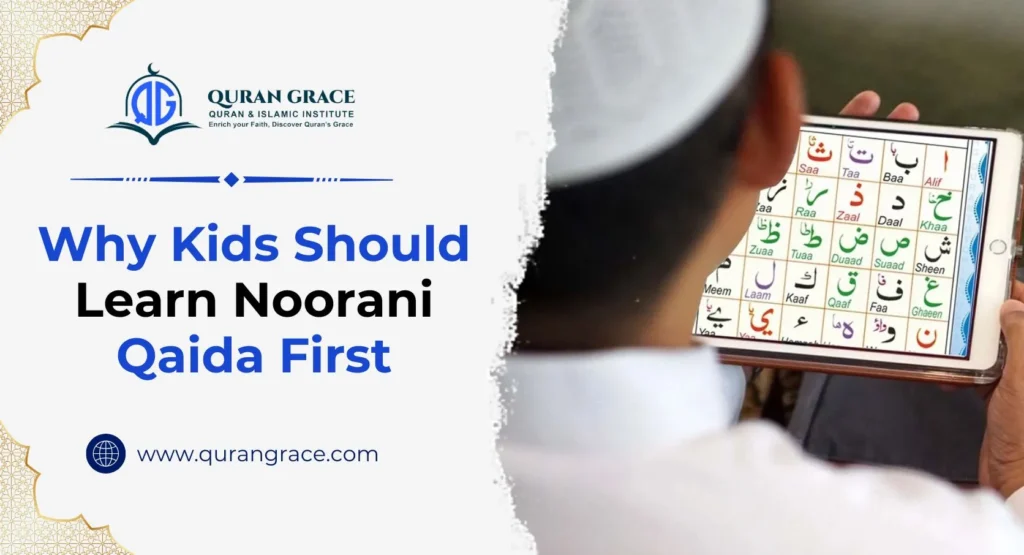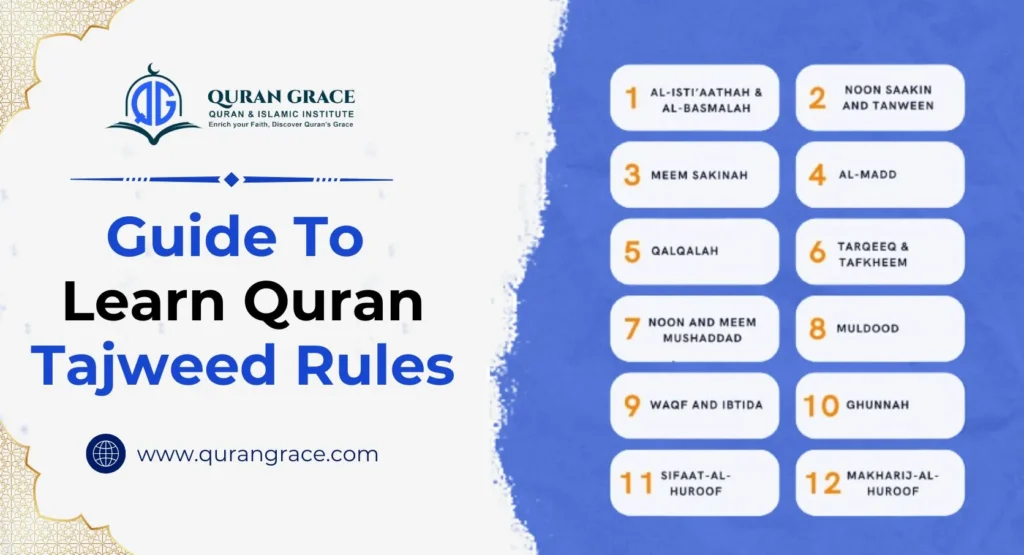To memorize the Quran, you need to put in utter dedication with a responsible outlook to achieve your goals. There was a traditional method of Quran memorization where students attended their lessons in person and had to stay in madrasas, or institutions, for a longer period. With advancements in technology, the traditional setup has been almost replaced by online hifz classes, where students attend their lessons from the convenience of their own homes. Today, we will discuss which of these classes is better.
Table of Contents
ToggleOnline Quran vs Traditional Learning
Let’s compare the 2 hifz styles and see which one is better to be opted in today’s high-tech world for every age group.
1. Adaptable Schedules For Everyone
Online Quran classes provide significant flexibility for students with busy schedules. Unlike traditional madrasas, which operate on fixed timetables, online classes allow students to select times that align with their routines. This adaptability is particularly beneficial for parents, working adults, and children, as it enables them to manage their studies alongside other responsibilities.
Furthermore, they do not have to worry about missing classes due to family obligations or work commitments. Online Quran classes offer the convenience of studying at a time that best suits each individual’s needs. This level of flexibility promotes consistent learning without the added stress, making online classes a more appealing option in today’s fast-paced world.
2. Option of Recorded Lessons
Traditional madrasas typically employ in-person instruction, which can create challenges for students who miss classes, as they do not have access to the material that was covered. Online Quran classes, however, offer a practical solution through the provision of recorded sessions.
These recorded lessons empower students to review the content at their convenience, including during late-night study periods, which can facilitate a deeper understanding of complex topics. Additionally, recorded sessions serve as valuable resources for revision before exams, helping learners to reinforce their understanding of the material. This approach significantly increases accessibility and flexibility in hifz, particularly for those needing to catch up after an absence.
3. Access to Egyptian Tutors
In traditional in-person institutions, students often have access to local tutors only. However, online Hifz classes open up opportunities to learn from highly qualified hifz teachers from around the world. These educators possess extensive qualifications, like Ijazah in Hifz, allowing them to address questions clearly and facilitate a deeper understanding of the subject matter.
Online platforms enable students to connect with specialists in various areas, such as Tajweed, memorization techniques, and Tafsir of quran. This global accessibility ensures that learners can benefit from the expertise of top educators, regardless of their geographical location.
4. Personalized One-on-One Classes
Teachers typically manage large classes, which can limit the ability to provide individual attention to each student. In contrast, online Quran memorization classes facilitate one-on-one learning experiences. This personalized approach allows tutors to tailor their instruction to meet the specific needs, pace, and learning styles of individual students. As a result, learners receive immediate feedback and guidance, enhancing their understanding of the Quran. Additionally, this focused attention helps students build confidence in their reading and recitation skills.
5. Technology-enriched Tools
Online learning sessions leverage advanced tools such as virtual whiteboards, video calls, and quizzes, enhancing the educational experience by making it more interactive and enjoyable. In contrast, in madrasas, they depend on textbooks and lectures, which can sometimes lead to a less engaging learning atmosphere.
The incorporation of online tools allows educators to visually break down complex subjects, facilitating better understanding. Additionally, quizzes and interactive games serve as effective methods for assessing knowledge more dynamically. As a result, students tend to engage more fully with the material, leading to improved focus and enjoyment in their learning process.
6. Smooth and Secure Learning
Online hifz programs provide students with the opportunity to learn from the comfort of their own homes. Unlike common madrasas that require traveling, which may pose safety concerns, online learning allows children to study in a secure and familiar environment. This setup enables parents to easily monitor their children’s progress, alleviating any concerns they might have about their education. It is particularly beneficial for girls and younger children, as it eliminates the challenges associated with long commutes or crowded settings, making the learning experience more accessible and less stressful.
7. Economical and Budget-Friendly
The madrasas usually have to pay extra for uniforms, travel, and instructional supplies. In contrast, online sessions provide a more cost-effective alternative by eliminating these costs. All that is required to participate is a device with internet access.
Numerous online platforms like Quran Grace offer affordable subscription plans, which can help families save money. These platforms also present various packages tailored to suit different budgets and requirements. Furthermore, many resources for revision and practice are available at no cost, allowing for further learning without financial strain. This shift to online learning alleviates parents’ concerns about unexpected fees or the need for commuting.
8. Individualised Pace for Every Student
In hifz institutions, students typically progress at the same pace, which can present challenges for both slow and fast learners. Those who need more time may find it difficult to keep up, while quicker learners might feel constrained by the uniform pace. However, online classes offer a flexible solution to this issue.
In these classes, teachers tailor lessons to accommodate each student’s speed. If a student requires additional time to grasp a concept, they have the option to repeat sessions until they feel confident. Those who pick things up quickly, on the other hand, have the chance to progress without needless delays. Every student benefits from a more successful learning experience thanks to this individualized approach.
9. Instant Feedback and Progress Tracking
Hifz schools may face challenges in providing timely feedback to each student, as teachers often manage large groups of learners simultaneously. In contrast, in online programs, there is a beneficial solution. These classes feature one-on-one sessions where teachers can provide immediate feedback to students.
This allows learners to promptly correct any mistakes and enhance their understanding of the material. Additionally, online platforms typically include progress tracking tools, enabling both students and parents to monitor learning effectively. Parents can easily access information such as test scores and lesson completion rates and identify specific areas that require further attention.
Conclusion
Whether you have memorized the Quran in a madrassa or online, there are perks for both styles. You can opt for any option you are comfortable with. If you’re looking for an online hifz course, then Quran Grace is your one-stop solution. We offer a free trial and consultation for students before they begin their hifz journey with us.








